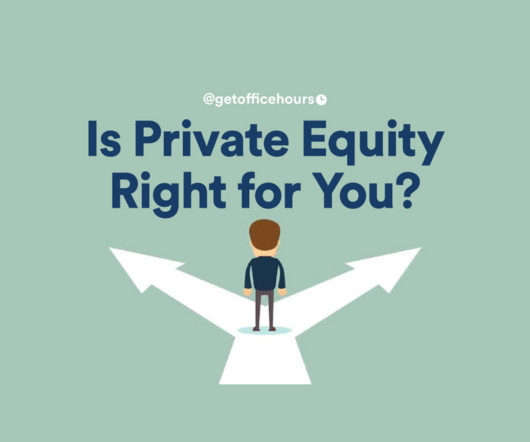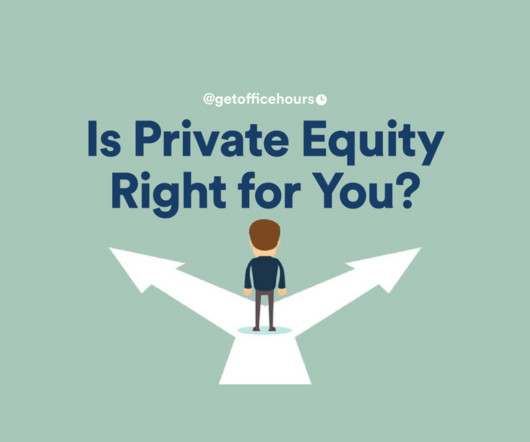Why Aren’t More Tire Dealerships Going Public?
Focus Investment Banking
FEBRUARY 25, 2024
The benefits of going public are significant. First, there’s the ability to raise substantial capital by issuing shares to the public in an initial public offering (IPO), as well as secondary offerings. This contrasts with the rigid timelines and standardized processes associated with IPOs.











Let's personalize your content